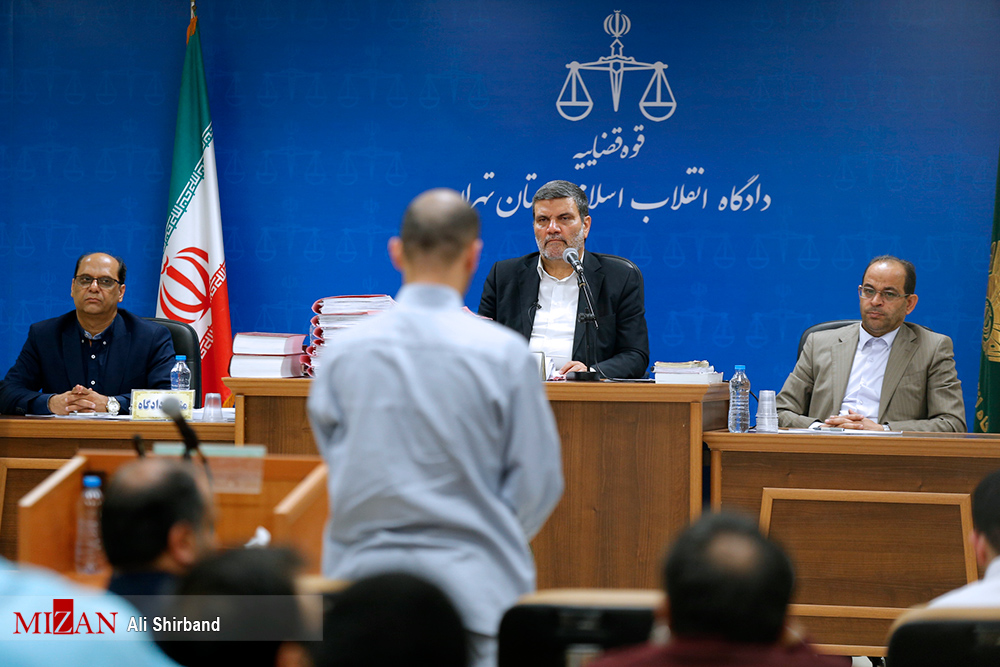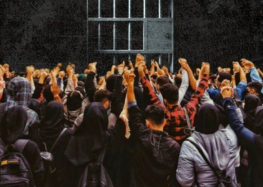Who Are the State-Vetted Lawyers Exclusively Allowed to Defend Detainees Facing Political Charges in Iran?
 List Not Finalized According to Judicial Official
List Not Finalized According to Judicial Official
Iran’s judiciary has not released the names of the 20 state-approved lawyers exclusively allowed to represent detainees held on politically motivated charges in Iran. But some potential lawyers have dark human rights records.
According to the opposition-run Zeitoons website, which has in the past provided credible news and reports on civil rights issues in Iran, the list includes:
- Hassan Tardast, who as a judge has issued hundreds of death sentences in Iran.
- Abdolreza Mohabbati, who acted as assistant prosecutor during several trials of political activists arrested and jailed for peacefully protesting during Iran’s 2009 presidential election.
- Mohammad Saedi, a supporter of conservative presidential candidate Ebrahim Raisi in Iran’s 2017 election. In 1988, Raisi was part of a committee that implemented the extrajudicial executions of thousands of political prisoners.
- Mojtaba Panahi, the head of the hardline paramilitary Basij Lawyers Association.
“When Hassan Tardast was a judge, he issued death sentences against at least 800 people and now he wants to defend political and security suspects as an attorney trusted by the judiciary?!” tweeted Toronto-based Iranian journalist Shahram Rafizadeh on June 5, 2018.
Iran’s Constitution sets no limits or conditions on the right to legal counsel and Article 35 states, “Both parties to a lawsuit have the right in all courts of law to select an attorney, and if they are unable to do so, arrangements must be made to provide them with legal counsel.”
According to Article 48 of Iran’s Criminal Procedures Regulations, people also have the right to ask for and have a meeting with a lawyer as soon as they are detained. But the “Note to Article 48” makes exceptions: “In cases of crimes against internal or external security…during the investigation phase, the parties to the dispute are to select their attorneys from a list approved by the head of the judiciary.”
In January 2018, shortly after the list was issued to judicial offices in Iran, 155 lawyers called on Judiciary Chief Sadegh Larijani to stop restricting detainees’ access to legal counsel. Some lawyers are contemplating more protests.
On June 8, Mohammad Reza Saki, an adviser to the judiciary’s legal affairs department, told the semi-official Iranian Students News Agency (ISNA) that the list hasn’t been finalized.
“This list isn’t final. There’s the possibility that it could be changed or more lawyers could be added to it,” he said.
In an interview with the Center for Human Rights in Iran (CHRI) on June 5, Nobel Peace Laureate Shirin Ebadi described the judiciary’s list as the “first step” in a coming crackdown on dissent in Iran.
“Given the political situation, the regime is preparing to crack down on opposition and street protests on a wider scale in the coming months and the implementation of the Note to Article 48 is the first step in denying suspects the ability to pick their own lawyer,” said Ebadi, who worked for decades as a human rights lawyer in Iran and now lives in exile.
Tehran-based human rights lawyer Nasrin Sotoudeh, a former colleague of Ebadi’s, also told CHRI that the list further limits the ability of dissidents, activists, journalists and other defendants facing political charges to a fair trial and defense in Iran.
“In the past, political suspects had a limited right to defend themselves and lawyers could take up their cases and carry out their professional duties despite all the dangers they faced, but now even that limited right is being completely eliminated,” Sotoudeh said on June 5.






